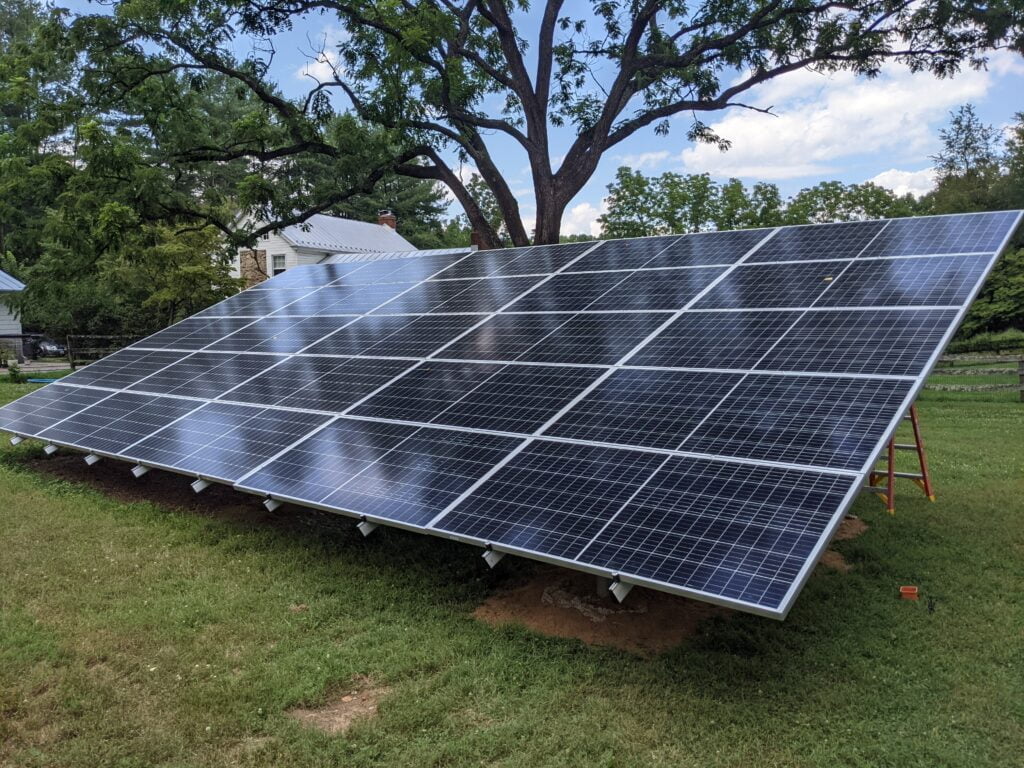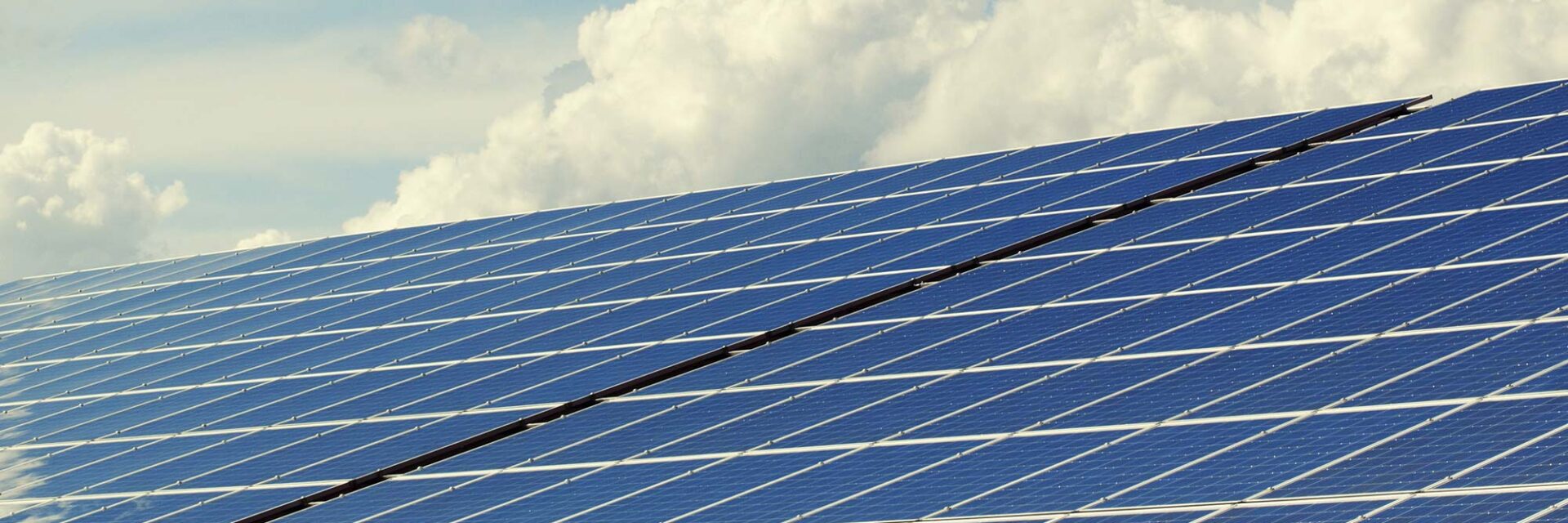Shopping for solar company providers can be overwhelming, especially in a market where we are often inundated with options. Lately, we have encountered several ads that advertise “free solar”, falsely promising systems at “no cost” and energy production estimates that haven’t been customized for your home. So today, we’d like to explore the “free solar” myth and what it actually means.
Can I get free solar in Virginia?
We hate to say it, but probably not. In Virginia, there is no government program that offers installation of a rooftop or ground mount solar system at zero cost.
Many companies offer financing options, which we will discuss in our next article, but there is currently no government program (or “new program” as it is often advertised) that offers free solar. What most companies are actually advertising is just a financing bundle.

While in some cases you can go solar for $0 down and save money compared to your electricity bills, there are a lot of factors that go into that, and if the salesman doing the analysis isn’t properly trained, or adjusts the variables to look more favorable, you could just be taking on a loan that costs you more than it saves. Solar can be a fantastic investment, but it takes proper design, analysis, and transparent pricing to determine if it is right for you.
What about low-income solar programs?
If you are a Dominion Energy customer in Virginia that makes less than the medium income, you may be eligible for a 3-5kW solar system through their partner installers (We aren’t one of them). If you are over 60, the income cap is slightly higher. You can check out the details on the Dominion Income and Age Qualifying Solar Program here.
So what are the solar incentives in Virginia?
The good news is the median price of residential and commercial photovoltaic (PV) systems has fallen 8 of the 10 years and module price has fallen by 78% in the past 10 years, and there are strong incentives to help make solar a sound investment:
- At a federal level, you can qualify for a 30% tax credit if you installed a solar photovoltaic (PV) system between January 1, 2017 and December 31, 2034. This is a tax credit which means that you pay the total amount of the system upfront, claim it on your taxes and receive 30% of the total cost of the system as part of your return.
- For businesses, the US Department of Agriculture’s Rural Energy for America (REAP) program also offers loan financing and grant funding for renewable energy systems or to make energy efficiency improvements. Grants cover up to 50% of the project’s total cost. You may apply for this program if you are an agricultural producer with at least 50% of your gross income sourced from agricultural operations or if you are a small business in eligible rural areas (note, Charlottesville & most of central Virginia is “rural!”).
- The city of Charlottesville offers a tax credit for property owners who install a solar energy system. The tax credit applies a portion of the total cost of the solar equipment, facilities, or devices as a credit on the real estate tax bill for 5 years.
- Solar Renewable Energy Credits (SRECS) are performance based solar incentives that allow you to earn income for the electricity generated by your solar system. As a homeowner, you can earn 1 SREC for every MWH (1000 kilowatt hours) of electricity you generate. Some states require utility companies to outsource a certain percentage of their electricity from clean energy sources. Utilities then have the option of securing their own solar projects or purchasing renewable energy credits through an open SREC market. The current price is ~$50 per SREC for residential and small commercial projects in VA (updated June 2023).
In short, despite the aforementioned tax credits/rebates and grants, when quoted for a system, you will be accountable for paying the total system cost either through cash or financing. Once the system has been paid in full and is operational, you will be able to claim the credits mentioned above. For more information about clean energy incentives/policies by state, check out https://www.dsireusa.org/

